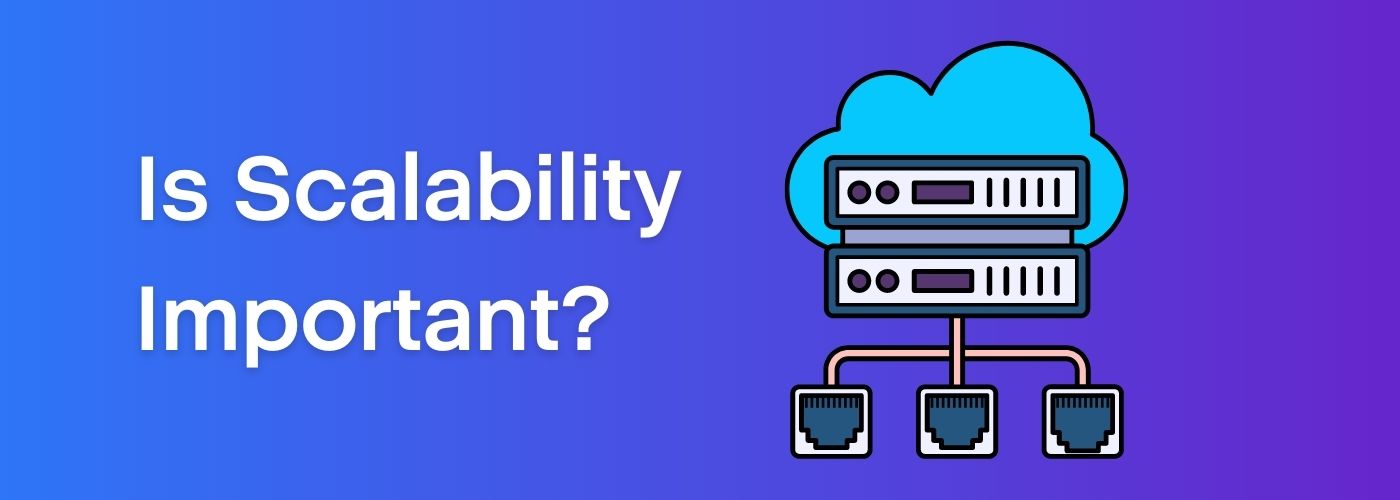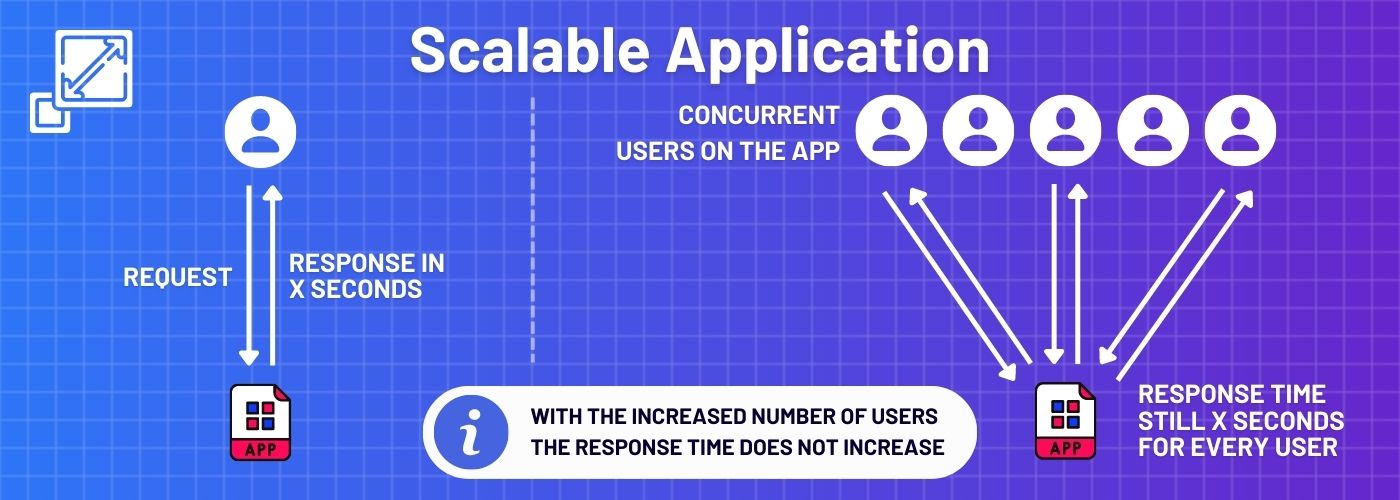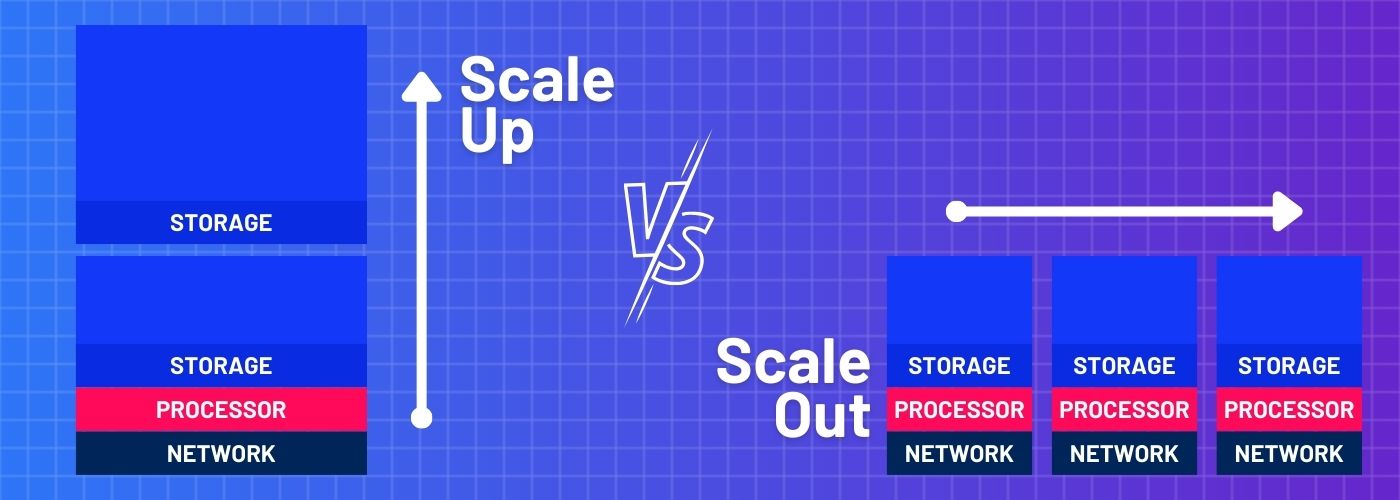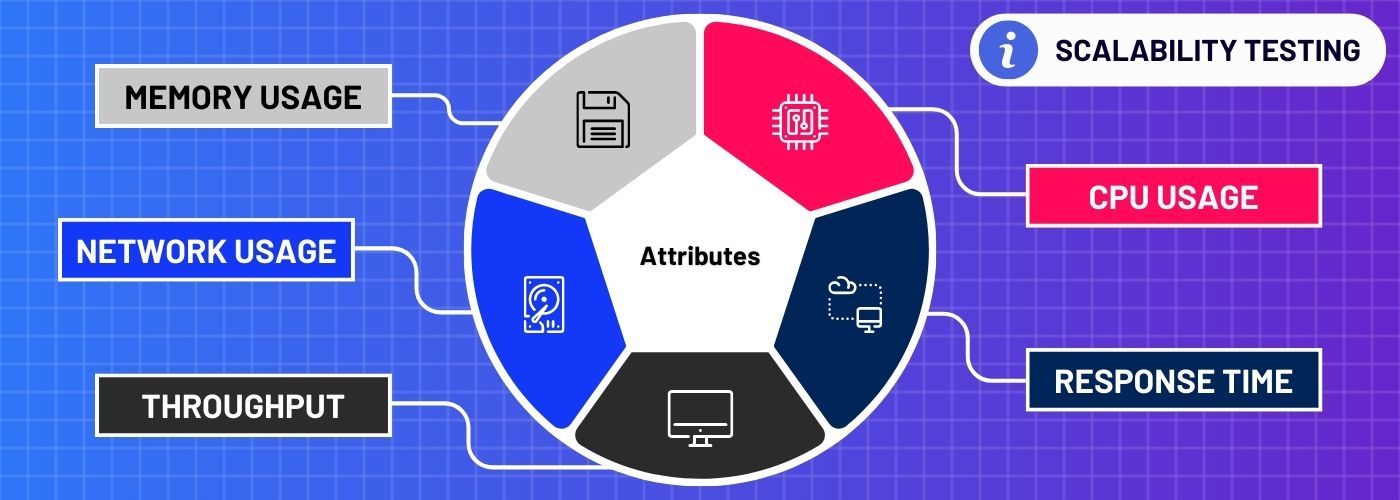In today’s fast-paced and constantly evolving business world, scalability has become a buzzword that is often used to describe the ability of a company or organization to grow and adapt to changing circumstances. But what exactly does scalability mean, and why is it so important for businesses? We’ll be examining what scalability is and how it impacts you infrastructure.
What Does Scalable Mean?
Scalable is a term that is often thrown around in business and technology circles. But what does it actually mean? In short, scalable refers to a company’s ability to grow its operations without sacrificing efficiency or quality. This can be achieved through various means such as automation, outsourcing, and streamlined processes.
For example, a small business may have an initial set of procedures that work well for their current level of operations.
However, as the business grows and more customers are acquired, these procedures may become inefficient and lead to errors. To maintain scalability, the business would need to implement new systems or processes that can handle the increased volume while maintaining quality results.
This can be done with the help of dedicated servers or colocation services. In today’s fast-paced world, it’s important to constantly adapt and grow, so scalability has become essential for long-term success.
Which Storage Systems Are Scalable?
When it comes to storage systems, scalability is a key factor to consider. As businesses grow and expand their operations, they need storage solutions that can keep up with their increasing demands for data management.
One of the most popular scalable storage solutions is cloud-based storage. With cloud storage, businesses can easily add more capacity as needed without having to make significant changes to their existing infrastructure.
Cloud providers, like Sharktech, offer a range of storage options that can be tailored to meet specific business needs.
Another scalable solution is colocation services. Colocation refers to a type of data center service, where you can rent space for their servers and other networking equipment. Colocation facilities offer reliable infrastructure that meets industry standards such as power supply, cooling systems, connectivity and physical security.
This helps with scalability as you don’t have to worry about the maintenance of on-site hosting. This allows your IT team to focus on other tasks for your network and server.
How To Measure Scalability Of Application
Scalability is a crucial aspect of any application. However, measuring scalability can be challenging and requires careful consideration of several factors.
One way to measure scalability is by conducting load testing. Load testing entails simulating real-world usage scenarios and determining how well the application performs under stress.
This type of testing can help identify bottlenecks in the system, such as servers that cannot handle large traffic volumes or databases that are slow to process requests. Additionally, it enables developers to optimize the system by adjusting configurations or adding more resources where necessary.
This information can be used by developers to optimize the application’s codebase and infrastructure configuration for better performance and scalability. Load testing can also help reduce downtime associated with unexpected spikes in user traffic. Applications that are not tested for high loads can crash or become unresponsive when hit with excessive requests from users.
Another important factor in measuring scalability is monitoring performance metrics over time. This ensures that the system is not susceptible to sudden spikes in traffic. By working with your metrics, you’re also working on growing your network, not working against it.
What Are The Common Issues With Scalability?
Not all businesses can easily adapt to the challenges that come with scaling up their operations. There are several common issues that businesses tend to face as they attempt to scale, which can hinder their growth and profitability.
One common issue with scalability is the lack of proper planning and architecture. Scaling up requires careful consideration and planning, such as identifying potential bottlenecks in the system and devising strategies to overcome them. Without adequate planning, scaling up can lead to unexpected costs, poor performance, and even system failure.
The term “bottleneck” means when one computer component has hit it’s limit and hinders the performance of another component. An example of this is when limited RAM storage is impacting your CPU performance.
Another issue with scalability is data management. As systems grow larger and more complex, managing data becomes increasingly challenging. This includes not only storing large amounts of data but also ensuring that it remains consistent and accessible across multiple servers or locations.
In closing, always make sure that your infrastructure is easily able to scale up and down without issue. Scalability is important in terms of performance for your network and infrastructure.






阅读更多
Sharktech Announces New Web Hosting and Cloud Industry Alliance
Sharktech and 2
3 月
Think the Cheapest Dedicated Server is A Good Idea? What You Need to Know
Shoul
3 月
Discover How These 8 Cloud Monitoring Tools Can Help You Drive Better Business Performance
When
3 月
Pick the Best Cloud Management Platform with These 5 Pro Tips
Managi
3 月
Thinking About Public to Private Cloud Migration? Here’s the Essentials
The clou
3 月
Why a Cloud Migration Checklist Helps Overcome Migration Challenges
Moving d
3 月